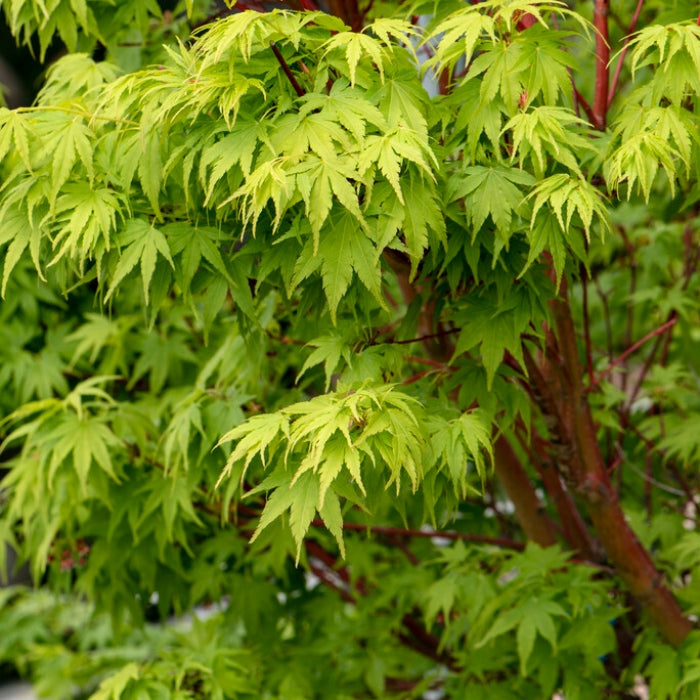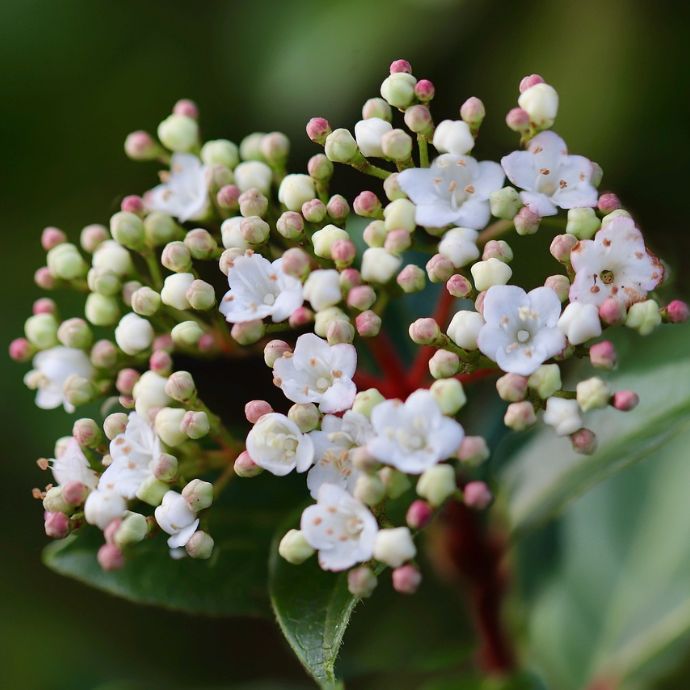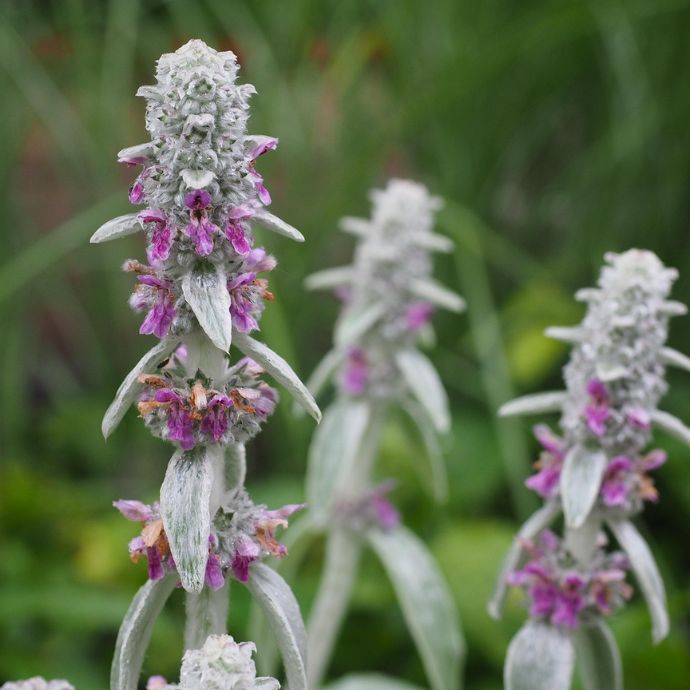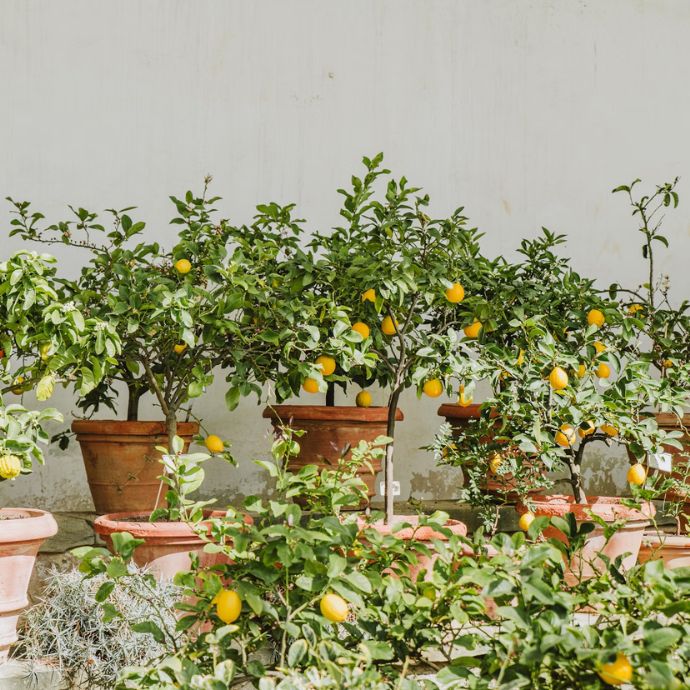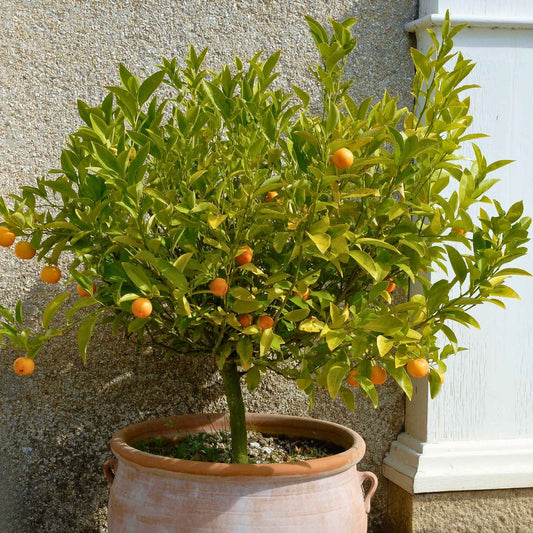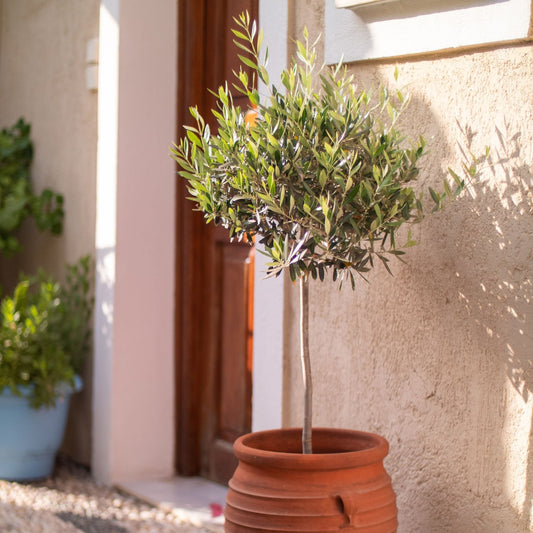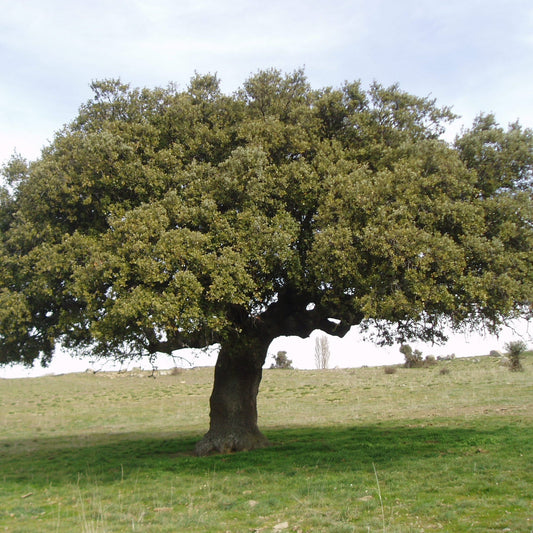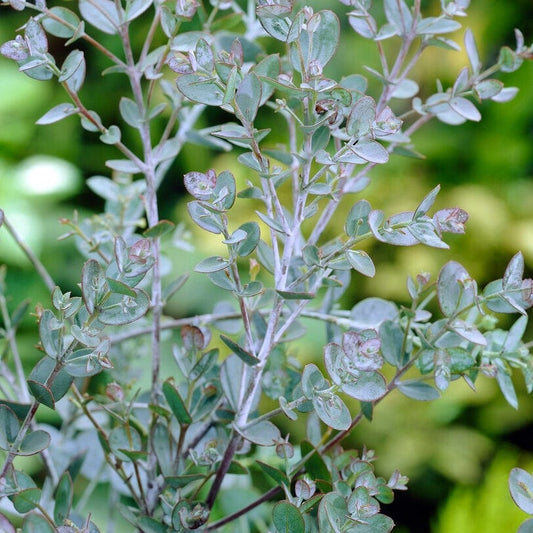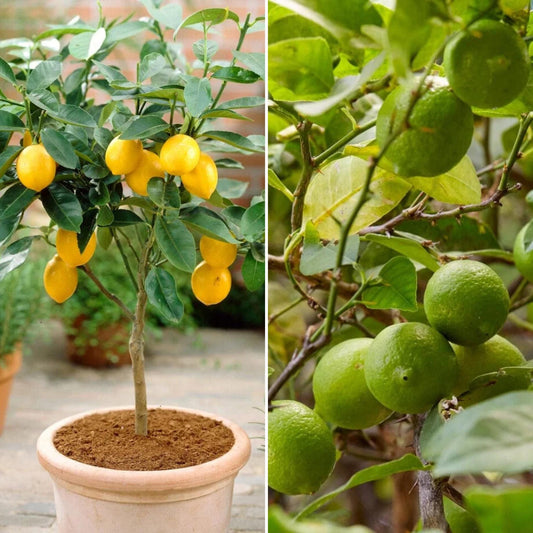Best Evergreen Trees for UK Gardens

No garden should be without a tree or two. But even the smallest trees can take up a fair ol’ chunk of space, so choosing right the first time around is pivotal. Knowing you want to plant a tree is step one, deciding between evergreen trees and deciduous trees is step two.
In this post, we’ll be walking you through step three – determining the best evergreen trees for a variety of situations and wants. So, whether you want greater privacy, something nice and compact or a versatile tree that offers both flowers and fruit, we’ve got you covered.
Jump to:
- What is the best evergreen tree for privacy?
- What is the best evergreen tree for small gardens?
- What is the best fast-growing evergreen tree?
- What is the hardiest evergreen tree?
- What is the best fruiting evergreen tree?
- What is the best flowering evergreen tree?
- What is the best evergreen tree for pots?
- What is the best evergreen tree for wildlife?
What is the best evergreen tree for privacy?
English Yew Tree | Taxus baccata
Few evergreen trees are as common or ubiquitous with British gardens as the English yew. With its dark green, flattened leaves which blanket the plant throughout the year, and a tendency to respond well to pruning and shaping, this relatively slow-growing tree offers dense coverage and a barrier for both sights and sounds.
Don’t just take our word for it, either, the RHS has awarded Taxus baccata with its prestigious Award of Garden Merit. In autumn, dainty red fruits are produced that look a bit like pitted olives! (Don’t eat them, though, as they’re inedible, the pit inside is toxic as are the leaves.)
Did you know?
An extremely strong yet remarkably supple, limber wood, yew was commonly used by bowmakers in the production of longbows, the lethal ranged weapon that saw England take victory at Agincourt, in the Hundred Years’ War waged against France in the 14th and 15th centuries.

What is the best evergreen tree for small gardens?
Grafted Patio Lemon Tree | Citrus x limon
If you’ve only got a little outdoor space to play with, perhaps even just a patio or balcony, then opting for a citrus tree is a savvy choice. We’ve chosen the lemon tree for this list, but limes, oranges, calamondins and kumquats are all amazing plants from which to also consider. With its evergreen leaves, fragrant white flowers and, of course, zingy fruits, this little tree packs a puckering punch.
Citrus trees are tender to frost, so you’ll need to move your plant indoors for the winter months until any risk of frost has passed. They particularly like conservatories and greenhouses. An honourable mention in this category goes to the strawberry tree, which though a bit larger, can easily be pruned to fit a small garden.

What is the best fast-growing evergreen tree?
Leyland Cypress | Cupressocyparis leylandii
Want a tree and want it fast? Then you want a Leyland cypress. With a growth rate of up to four feet per year given the appropriate growing conditions, this speedy customer doesn’t take long to get itself going in the garden. Lovely as a standalone tree or planted en masse to form a screening hedge. The dense, scaly leaves are highly attractive and varieties like ‘Castlewellan Gold’ offer wonderful chartreuse hues.

What’s the hardiest evergreen tree?
English Yew | Taxus baccata and English Holly | Ilex aquifolium
It’s the yew tree’s second appearance on this list and it’s well-earned. With an RHS hardiness rating of H7, yew trees are able to withstand even the harshest of continental winters, tolerating temperatures of below -20°C. Coniferous trees tend to be able to cope with cooler temperatures and the yew is certainly no exception.
Grown either as a tree, large shrub or hedge, holly is an ever-present throughout the British isles. We associate it with the Christmas season, with at least 1 in every 3 Christmas cards featuring robins and red berries (probably). But don’t let its stylish, glistening berries fool you because holly is one tough customer. With an RHS hardiness rating of H6, holly doesn’t mess around.

What’s the best fruiting evergreen tree?
Grafted Orange Tree | Citrus x aurantium
The second citrus tree to make the list, the sweet orange shares many of the positive attributes as its sour sibling. The evergreen leaves stand out in racing green, offering a lush backdrop against which the aromatic white blossoms and round orange fruits can really come to the fore. As with the lemon tree, you will need to overwinter your tree indoors.
Coming runner up to a citrus tree for a second time this list is, again, the strawberry tree. With its funky red fruits (that look a little like sea mines) and white bell blooms, Arbutus unedo is one of the most versatile evergreen plants out there.

What is the best flowering evergreen tree?
'François Treyve' Evergreen Magnolia Tree | Magnolia grandiflora
It’s hard to look past 'François Treyve' when it comes to the best flowering evergreen tree; sporting fragrant white, bowl-shaped blooms and glossy evergreen foliage, this upright magnolia delivers visual impact and lots of it.
The aroma is both citrusy and floral, ensuring that the nose enjoys this plant just as much as the eyes. Fully hardy and low-maintenance, there’s really no reason why you wouldn’t want to get one of these superstars in your garden pronto.

What is the best evergreen tree for pots?
Patio Olive Tree | Olea europaea
Olive trees make for wonderful container-grown plants. With their silvery-sheened foliage and dainty white flowers, olive trees are a good choice given their Mediterranean credentials.
They’re tolerant of drought conditions, once established, which makes them a natural pick for growing in a pot, as pot-grown plants dry out more quickly than those plants grown in the open ground. Laurel trees are a good alternative, responding well to shaping and giving an elegant formality when planted in a container.

What is the best evergreen tree for wildlife?
Evergreen Oak Tree | Quercus ilex
It might not support quite as many as its deciduous counterpart, but the evergreen oak tree – sometimes known as the holly oak – still supports plenty of wildlife. Birds like thrushes, robins, dunnocks and jays are all known for nesting in the tree’s canopy. Bees and other pollinating insects, meanwhile, make the most of its pollen-rich catkins.
Final thoughts
Evergreen trees deserve just as much love as their deciduous cousins, and hopefully having read this, you’ll have a better understanding of which evergreen might be best for you and your garden.
Last updated: 13/11/2025
